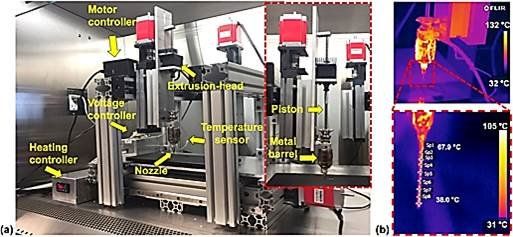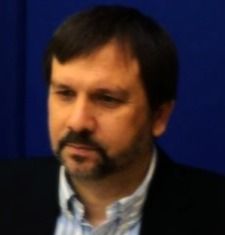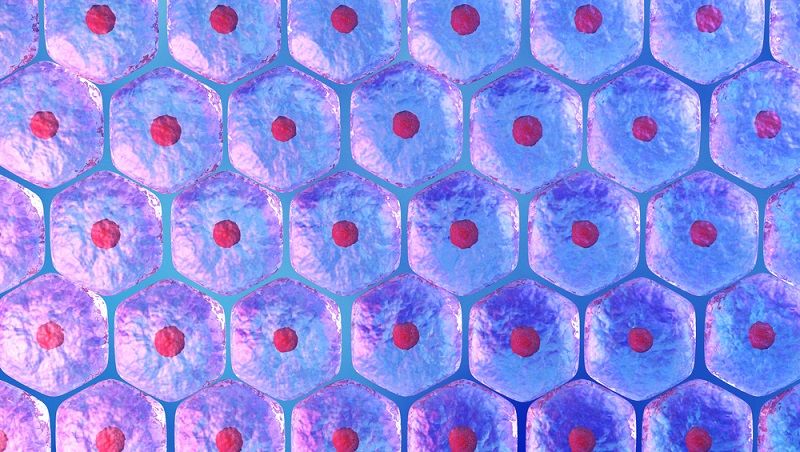Everyone can find plenty of examples from his or her own life of what aging is doing to us all.
A few days ago, I wrote an article while on a plane. I’m an expat, and I was flying back to my home country. I’m now in my hometown, where I lived until I was 18. I come back here only seldom, and the last time I visited was four years ago.
For the vast majority of the time I lived at my parents’ house, I was a child. My most vivid memories of the place are from my childhood, when everything looked so much larger. So, even though I did live here as a grown-up as well, every time I come back here after years of absence, every room in the house looks far less spacious. Things have changed a bit since I left. Furniture has changed place and function; ornaments and knick-knacks have been moved, added, or removed; predictably, even the town has changed somewhat over the years.
What has changed the most, though, are the people.







